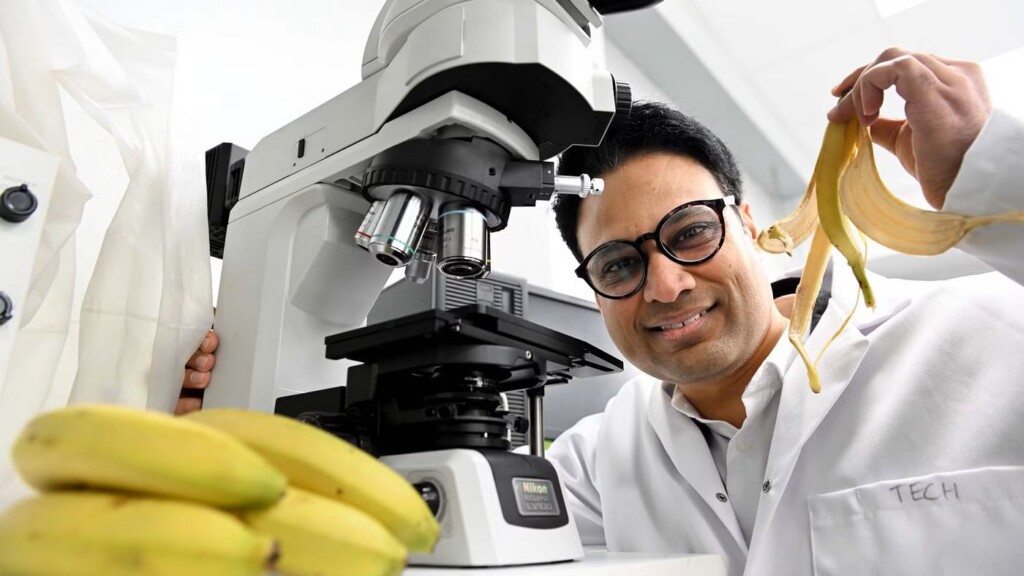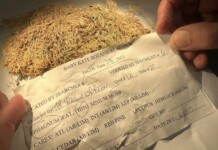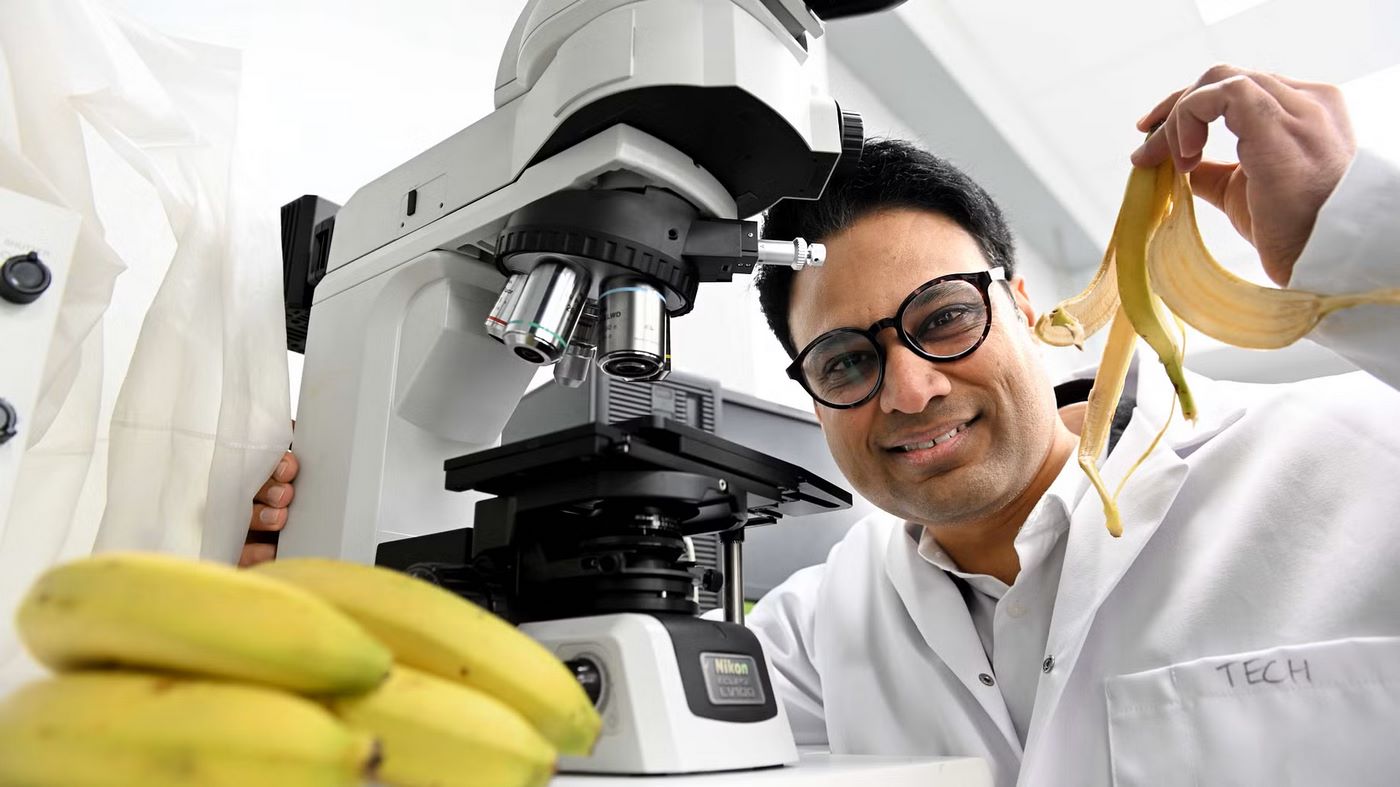
Off-grid communities in parts of rural Pakistan could soon have access to a reliable source of electricity for the first time thanks to a new project that aims to convert waste from the banana-growing industry into energy.
80 million metric tons of agricultural waste are generated in Pakistan every year from growing bananas.
Academics from Northumbria University have now teamed up with partners in the UK and Pakistan to create a new solution that will make use of this waste product and provide benefits for local people at the same time.
Together the project partners are developing an innovative two-part system – the first part of which will use new technology to convert the banana waste into textile fibers, with the second part taking the waste generated from that process and using it to produce renewable energy.
This will not only reduce the environmental impact of Pakistan’s textile industry, but also bring cleaner electricity to the 50% of people living in rural areas of the country who live off-grid and currently rely on fossil fuels for energy.
The process has the potential to be applied to almost any form of agricultural waste, meaning it could be used all over the world, benefitting communities and the environment through the supply of renewable textiles and energy.
Entitled, Improving access to sustainable energy in rural Pakistan using food and fiber agro-waste as a renewable fuel (SAFER), the project has been awarded around $330,000 through Innovate UK’s Energy Catalyst program.
Funding through the scheme is awarded to support UK and overseas businesses and organizations to develop highly innovative, market-focused energy technologies that enable energy access in Sub-Saharan Africa and South or Southeast Asia.
Dr. Jibran Khaliq, of Northumbria University’s Department of Mechanical and Construction Engineering, is a material scientist who researches converting waste energy.
“Pakistan’s textile sector is responsible for significant environmental impacts, including greenhouse gas emissions, water pollution, and microplastics,” said Dr. Khaliq in a statement.
BEHOLD THE CIRCULAR ECONOMY:
- Shells to Sweaters: Sustainable ‘Sea Wool’ Earns Millions for Taiwan Business Spinning Oyster Shells into Yarn
- Startup Replaces 6 Million Plastic Bags with Prototype Made from Corn Waste That Decomposes in 180 Days
- This Startup Is Using Dead Leaves to Make Paper Without Cutting Trees
- The UK’s Royal Mint is Now Extracting Gold From Electronic Waste
- Dubai Company Buys Used Cooking Oil to Turn Into Biofuel for Cars Citywide to Reduce CO2 Emissions
“Our partners at the National Textile University in Faisalabad have developed a technology to convert banana agro waste into textile fibers, but the lack of electricity in rural Sindh, where the majority of the bananas are grown, has prevented this innovation from being scaled-up until now.”
“Over the next year we will be working to develop a new waste-to-energy technology which will convert agro-waste into clean and affordable energy. This solution will benefit the textile industry, and local communities, as well as improving soil fertility and food production through the generation of biofertilizers,” he added.
It is estimated that the banana-growing industry in Pakistan could produce 57,488 million cubic meters of syngas, or synthesis gas as it is otherwise known, as well as 30 million tonnes of nitrogen-enriched biofertilizers.
Syngas is a man-made gas which is created through chemical processes using waste products. It has a wide range of uses and is recognized as a greener way to generate electricity.
SHARE This Great News For The Planet And For Rural Pakistan…




















